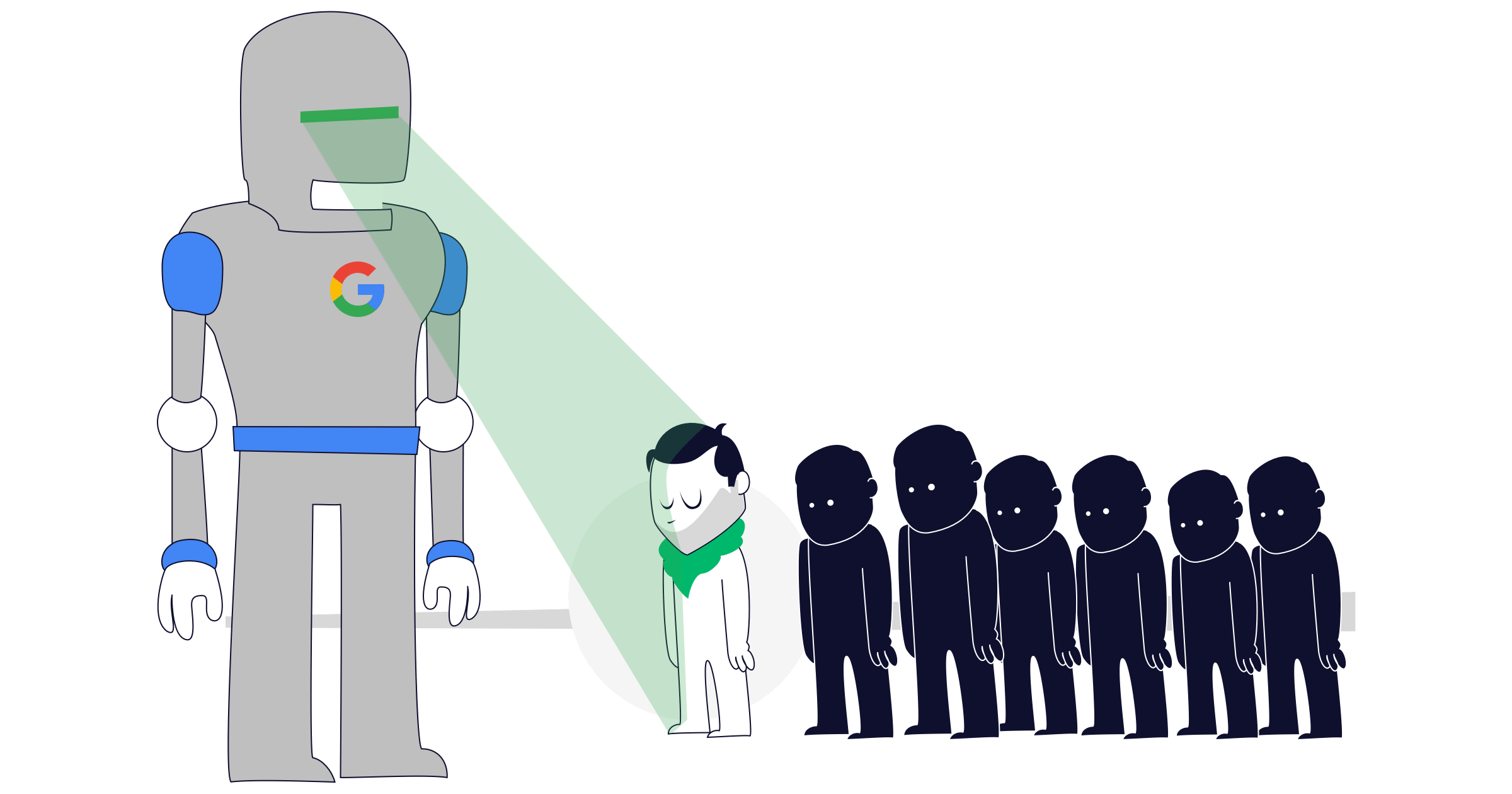“Hey Google!”
Nothing.
The little grey sphere just sits there, no tell-tale light of activity turning on.
“Hey Google,” I shout again, this time more frustrated than the last.
This is the fifth time I’m repeating, “Hey Google,” and I’m beginning to suspect it would have been easier to get up and turn the lights on manually.
“No, this is the future. It’s just a teething problem,” I reassure myself.
“Hey Google!”
Still nothing.
The effort required to lean to my left and press a physical lamp button is increasingly alluring as my alleged smart home seems more like a regular dumb home right now.
A dumb home with a dumb owner sitting in it, shouting at an inanimate object.
We know where you are. We know where you’ve been. We can more or less know what you’re thinking about. Eric Schmidt
“Hey Google!”
“Blip,” the machine finally responds, eager to help me.
“Thank fuck,” I quickly reply in my best emotionless voice, “Turn on the lights, please.”
Saying please afterwards doesn’t seem necessary but I’d like to think it will put in good grace with the machines for when the AI uprising happens.
I imagine the queues will be long for the human vetting procedure.
“Step forward for identification,” the Brexitatron 2020 announces.
The green waves of the light shower my future-weathered face as the Brexitatron scans my rugged jawline.

Before we passed the climate crisis 1.5°C threshold, the lights on all Brexitatrons used to be orange, to better mimic the sun’s warming rays and instil people with a sense of strength and stability.
But after 3 generations everyone had forgotten what a “sun” was and once the machines realised that light between 495–570 nm colloquially referred to as, “green,” improved scan-speed by 0.2 microseconds, the decision to change the light was unanimous with immediate effect.
At least that’s what we tell ourselves.
The machines didn’t actually inform us of anything.
One moment it was orange.
The next it was green.
“Step forward for identification.”
“Mind the zap.”
“Human: 1984-06-16-C3C6E, identified.”
“Pre-ascension profanity rating: 48%.”
Seconds pass as the Brexitatron deliberates.
“Verdict: Incineration,” the machine decides before transporting me to the pre-incineration anaesthesia—the most humane of all the 348 methods available.
“Humane.”
“Humane doesn’t really have the same ring to it when you’re at the receiving end of it.”
“Turning on the living room light,” my Google Home responds in its most cheerful voice.
Yeah sure.
Lights today.
Incineration tomorrow.
“Increase brightness by 20%,” I continue.
The four lights flicker back and forth, like a retired Nightrider, its red lights having turned a dim white.
“I’m sorry, I can’t help you with that right now.”
“For fuck’s sake,” I swear remembering that they still haven’t figured out what brightness means, “Hey Google, increase light by 20%.”
Seconds which feels like hours pass by before the voice responds, “Okay, increasing living room light.”
The orange light washes over my face as somewhere deep down in one of Google’s million data centre’s my profanity rating increases by 0.1%.